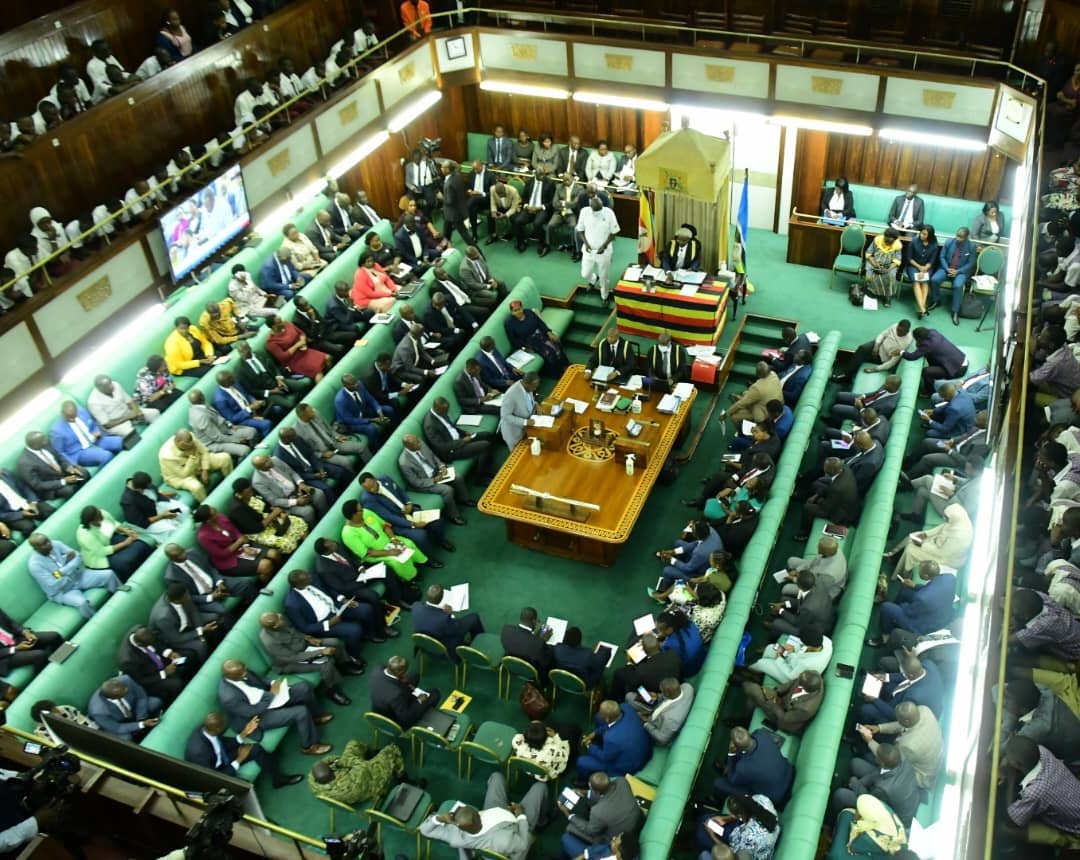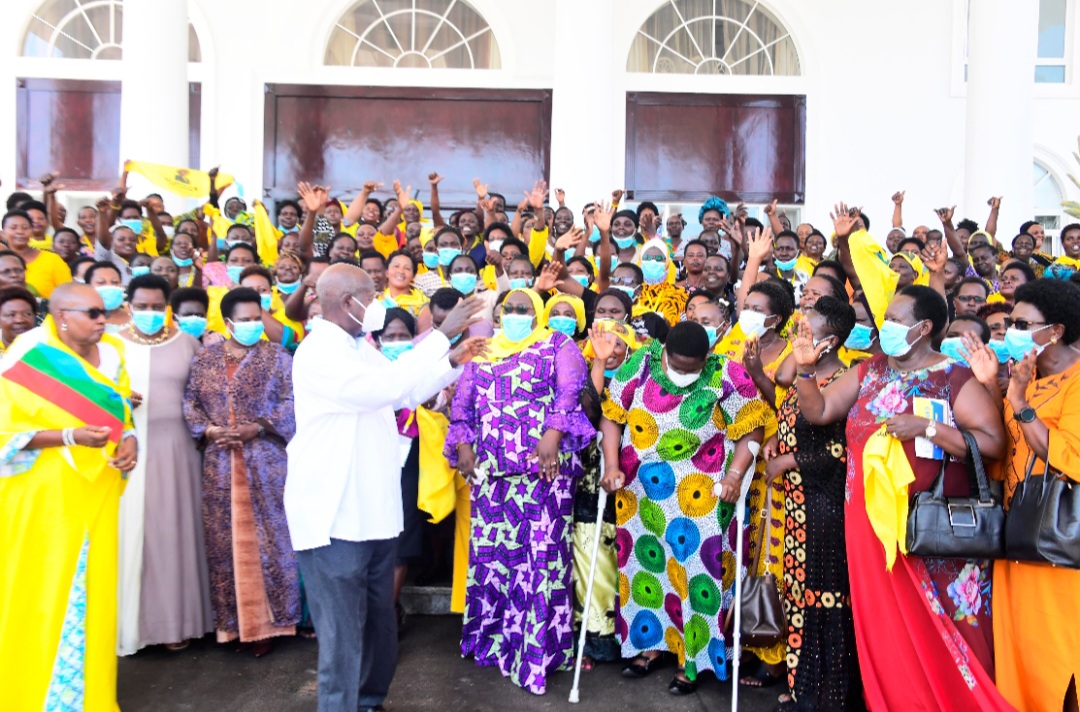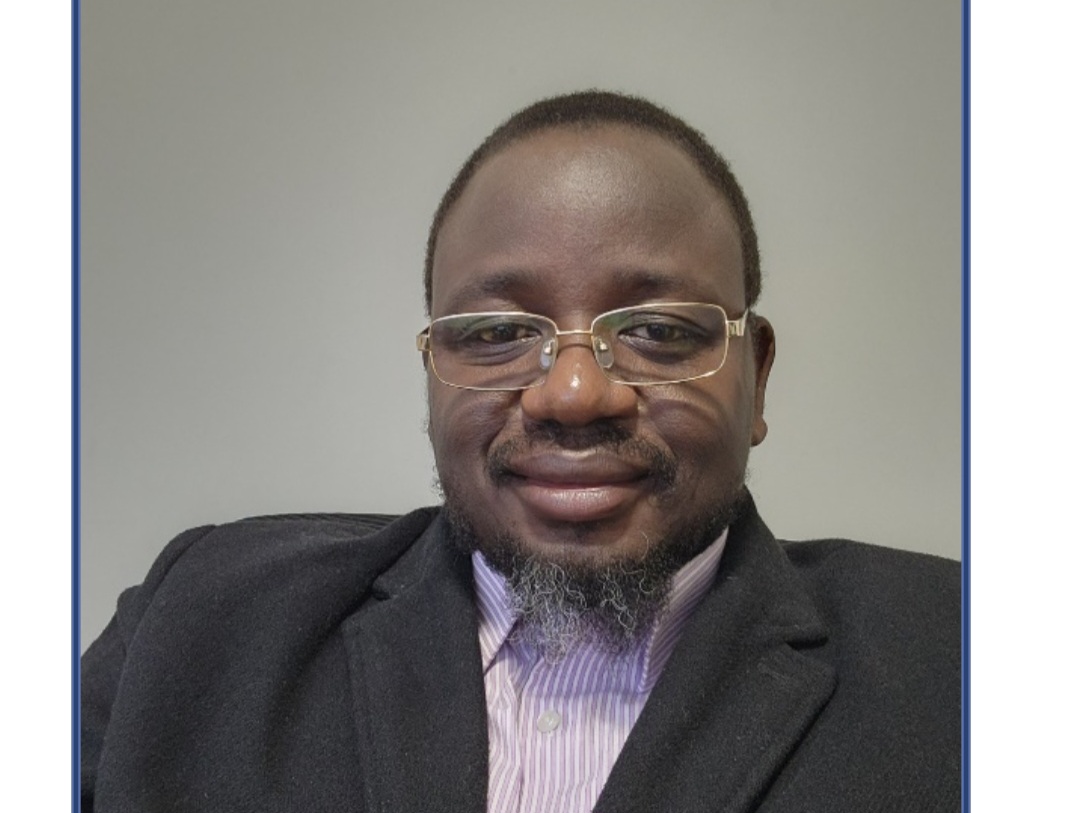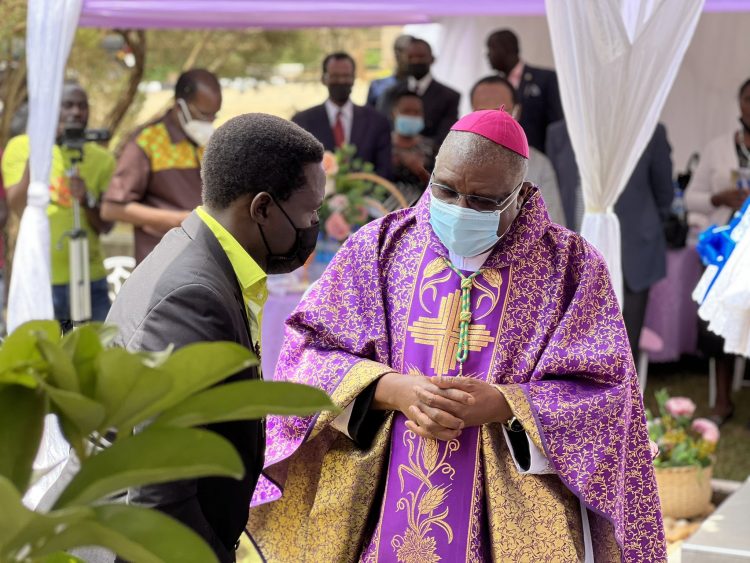The country has been in deep shock for the last three weeks as a result of the Uganda Parliament Exhibition, an online anti-corruption movement. The lavish lives of the August House leaders have been made public by this effort.
The once-dominant former Leader of the Opposition, Mathias Mpuuga, was not spared by the same exhibition, as he was suspected of taking over Shs500 million as a service award which many saw as a violation of their struggle. Robert Kyagulanyi, the leader of his party, and other board members were compelled by this and demanded that Mpuuga resign from his position as Commissioner of Parliament and refund the funds.
The party’s choice to make public Mpuuga’s purported acceptance of Shs 500 million was however viewed by many as a contentious one. Mpuuga, however, also used the same platforms—most notably, social media—to declare that he was unwilling to step down.
Numerous enigmas surrounding corruption within the party that the public was unaware of have been revealed by the Mpuuga story in the National Unity Platform. Many people have questioned why Mpuuga should be the only one crucified although the entire House is thought to be a haven for thieves.
While the whole scandal involving House corruption has been widely publicized, few lawmakers have offered their opinions on it; some have stepped forth and strongly defended the House’s high level of luxury. Though the same House has occasionally questioned the State House’s spending rate and the current Uganda Airline scandal, there has been a lot of silence when it came to matters that are under their purview.
The entire game reminds me of a quote from Patrick Loch Otieno Lumumba, a professor in Kenya. Who declared that corruption in Africa is a terrible thing if those who commit it are not from the same family, tribe, or clan of the accusers but if it’s the reverse the same story would be “Yes, he is a thief, but he belongs to us.”
Prof Lumumba’s saying has shown itself quite well in the Mpuuga scandal, where notable individuals have condemned the party’s behavior to ask him step down while avoiding discussing the financial issue in favor of moral concerns and the party’s integrity. Similarly, Anita Among’s supporters as Speaker of Parliament have failed to also bring up the controversies involving her leadership related to corruption. Rather, they have been spreading the story that she is the target of Western powers since Parliament passed the anti-homosexuality bill. This weak and ignorant defense serves to draw attention away from the grave problem of embezzlement and poor spending of public funds.
Therefore, a significant obstacle to eliminating corruption in Uganda is the widespread perception that those engaged in corruption, especially those connected to powerful organizations or individuals, should be excused from responsibility by claiming allegiance or loyalty. Anti-corruption initiatives in the country are severely hampered by this deeply ingrained mentality, which is sometimes expressed as “Yes He’s a thief, but he’s ours.”
The origins of this dangerous attitude can be linked to a complex interaction of socio-political, cultural, and historical elements. Loyalty to one’s family, clan, or political group is extremely important in Uganda and in many African communities, frequently taking precedence over adherence to impersonal ideals of fairness and morality. Although it is a unifying factor in societies, this ingrained devotion has been appropriated and used by dishonest people as a way to avoid responsibility.
Many well-known individuals connected to corruption have escaped prosecution under this pretense. While some, their relatives, clan members or tribe members fearlessly storm courts of law or seek the highest authorities to act on their behalf, others are protected by the president. The most shocking thing about these arguments, though, is not only how obviously they reject morals or integrity, but also the bizarre explanation that is provided. It’s fairly unusual to hear beliefs like “Why not him, if others steal? Let him/her steal is she/he the first? We are aware that he is corrupt but he is one of ours and has been supporting us from the money he steals!” I have always heard these statements by relatives of corrupt leaders at the Anti-corruption court.
The mindset that says, “He’s a thief, but he’s ours” has serious and wide-ranging consequences. First of all, it weakens the rule of law by fostering a climate in which the wealthy and well-connected can behave without consequence because they are confident that their connections will protect them from punishment. In addition to weakening public confidence in institutions, this feeds the corruption cycle since the would-be corruptors see corruption as a low-risk, high-reward venture.
Furthermore, the predominance of this mentality hinders economic growth and exacerbates social injustices. The most economically disadvantaged groups in society suffer the most when funds intended for public welfare are embezzled or diverted through corruption. Again, the belief that corruption is pervasive discourages foreign investment and erodes trust in the business climate, which stifles economic growth and prolongs the poverty cycle.
A broad strategy that addresses the underlying causes and outward expressions of the “He’s a thief, but he’s ours” mentality is necessary to overcome this enormous obstacle. First and foremost, strong institutional and legal frameworks are required to guarantee accountability and openness in governance. This entails bolstering whistleblower protection protocols, advancing judicial independence, and fortifying anti-corruption organizations.
Moreover, campaigns to change societal norms and attitudes on integrity and corruption must go hand in hand with attempts to combat corruption. This entails educating the public about the negative impacts of corruption on society and stressing the value of moral leadership and accountability. Religious institutions, the media, and civil society organizations can all be very effective in influencing public opinion and preventing the normalization of unethical behavior.
To further undermine the “He’s a thief, but he’s ours” mentality, political parties and other powerful organizations must cultivate an accountability culture. This calls for encouraging a meritocracy and open culture within political organizations, as well as making party leaders and members accountable for their deeds, irrespective of their standing or connections.
That being said, it’s critical to understand that justice must be served and that you will always be guilty of murder, regardless of whether you shot the sheriff and saved the deputy. Therefore, regardless of your identity, once you enter the “frying pan” of corruption, you have no choice but to take responsibility for your actions and deal with the fallout since that is the nature of the frying pan.
Do you have a story in your community or an opinion to share with us: Email us at Submit an Article









